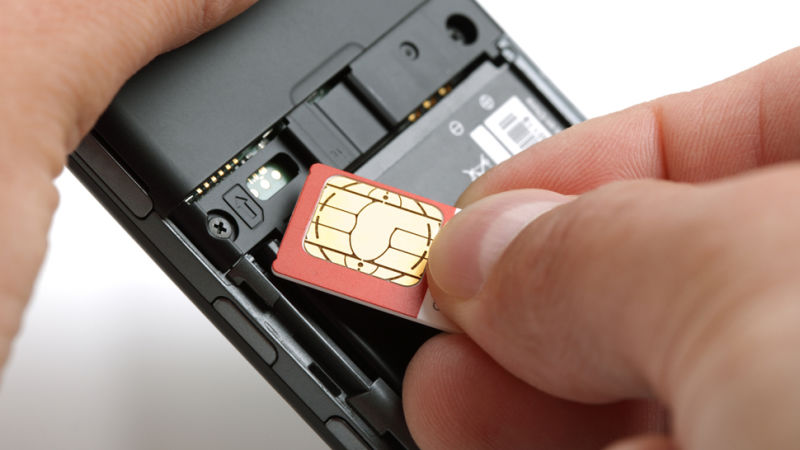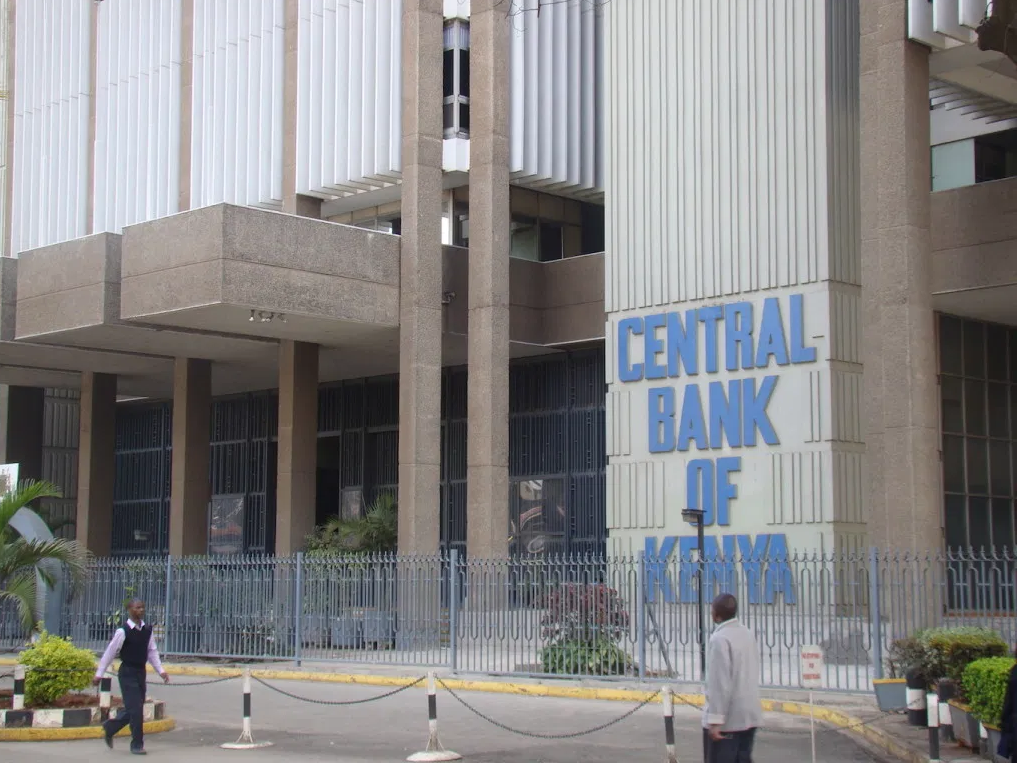The Communications Authority of Kenya (CAK) has directed all mobile network operators to immediately switch off all unregistered SIM cards, saying they pose a security risk as they may be used by fraudsters. The Director General, Mr Francis Wangusi, has ordered them to review their subscribers’ database and blacklist SIM cards registered partially, incorrectly or fraudulently, as well as multiple registrations.
He warned that failure to do so will call for action in line with the Kenya Information and Communications Regulations for SIM Cards Registration 2015. This is likely to affect thousands of Kenyans who buy SIM cards from hawkers and other agents who fail to capture their personal details.
He made the remarks while briefing the media today on the findings of a forensic audit on registration of SIM cards, which stated that the regulations require all mobile operators to register all SIM cards prior to activation. “We are concerned that there are still unregistered SIM cards in operation contrary to the mobile phone operators claiming there is total compliance to the regulation,” said Mr Wangusi.
He said a recent forensic audit to verify the compliance revealed that some agents don’t request for identification while selling SIM cards, while others were charging extra for registration which is against the law.
“The forensic audit on subscriber registration focused on whether all subscribers were fully registered and it showed that when subscribers used passports as a form of identification, there were various anomalies, especially in numerical length of the Kenyan passport,” said Mr Wangusi.
“We are therefore looking at the possibility of working with the Ministry of Interior to have access to the Personal Identification Secure Comparison and Evaluation System known as the ASPICES for online verification of passport details.”
The director highlighted another dangerous trend, where a mobile network operator database seemed to have been populated from other secondary sources, especially from the IEBC database with one SIM card having different identifications which is a potential for criminal use.
READ: COKE TO START MAKING DRINKS WITH MARIJUANA
“We also found out that the agreements between agents and operators are purely commercial and don’t put any responsibility on the agents with respect to adhere to the SIM card registration, which is a dangerous trend that jeopardizes the security of citizens in the country and must therefore stop,” he warned.
Mr Wangusi added that hawking of SIM cards was outlawed and attracts a fine of up to Ksh500, 000 or five months imprisonment or both, while providing incorrect information is an offence which attracts a fine of Ksh100,000 or six months imprisonment or both.













3 Comments